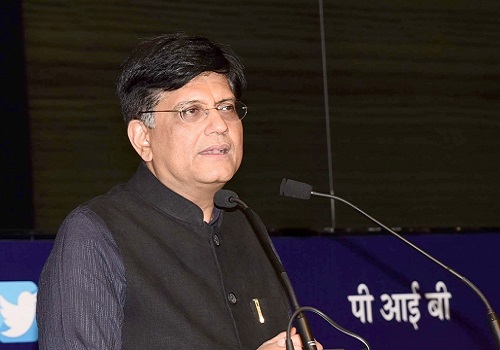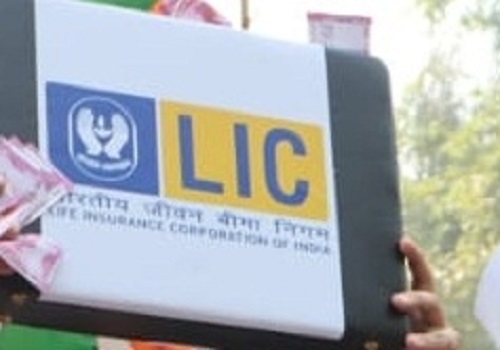Software, hardware firms hiring talented freshers with highest salaries in India

Signalling a shift in hiring strategies, IT companies in India, particularly in the hardware and software sectors, are hiring freshers the most as the demand for raw talent has increased by 5 per cent over the last six months, a report showed on Thursday.
As per data, new graduates in the IT–software and hardware industries earn the highest salaries, with averages ranging from Rs 4.07 lakh-Rs 7.49 lakh per annum (LPA), according to the report by talent platform foundit (formerly Monster APAC & ME).
This is followed by the banking, financial services and insurance (BFSI) industry, which compensates freshers with average salaries ranging from Rs 3.06–Rs 5.49 LPA.
Other industries offering competitive compensation include automotive, engineering and FMCG, food and packaged food industry, with average salaries ranging from Rs 3.11–Rs 5.38 LPA.
As per the data, Bengaluru stands out with the highest average fresher salary of Rs 4.16 LPA, followed closely by Mumbai at Rs 3.99 LPA.
The IT companies in Delhi and Bengaluru showed the highest demand for freshers, followed by Mumbai, Chennai and Pune.
“We’re seeing a clear trend where startups and other companies are increasingly valuing skills over just academic credentials. This shift means that young professionals need to focus on acquiring relevant skills to stand out in the competitive job market,” said Sekhar Garisa, CEO of foundit.
To bridge this gap, there’s a pressing need for better learning and development initiatives within our educational system, Garisa added.
























